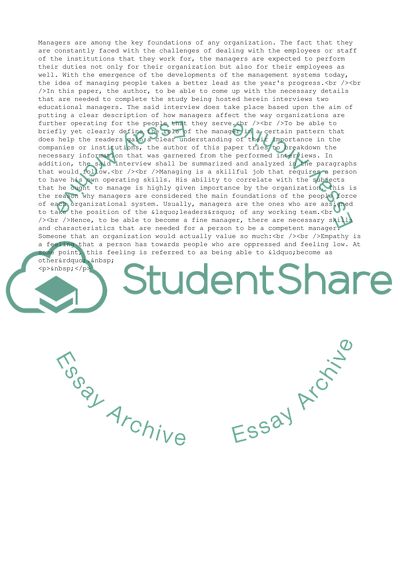Cite this document
(Management Portfolio: Management Functions Coursework - 1, n.d.)
Management Portfolio: Management Functions Coursework - 1. https://studentshare.org/management/1718239-management-portfolio
Management Portfolio: Management Functions Coursework - 1. https://studentshare.org/management/1718239-management-portfolio
(Management Portfolio: Management Functions Coursework - 1)
Management Portfolio: Management Functions Coursework - 1. https://studentshare.org/management/1718239-management-portfolio.
Management Portfolio: Management Functions Coursework - 1. https://studentshare.org/management/1718239-management-portfolio.
“Management Portfolio: Management Functions Coursework - 1”. https://studentshare.org/management/1718239-management-portfolio.


